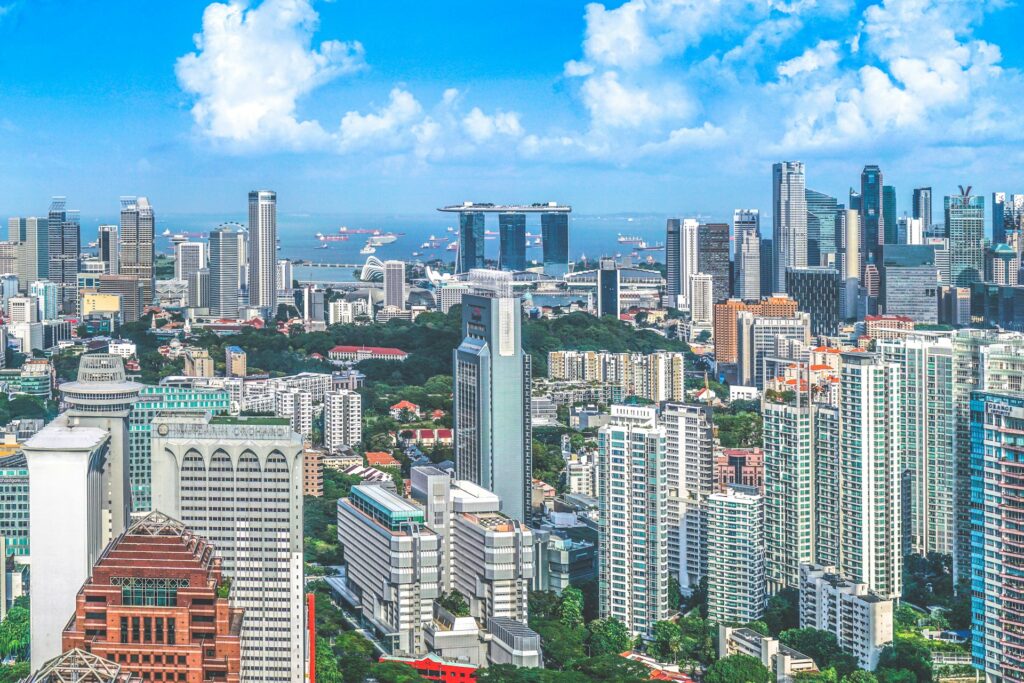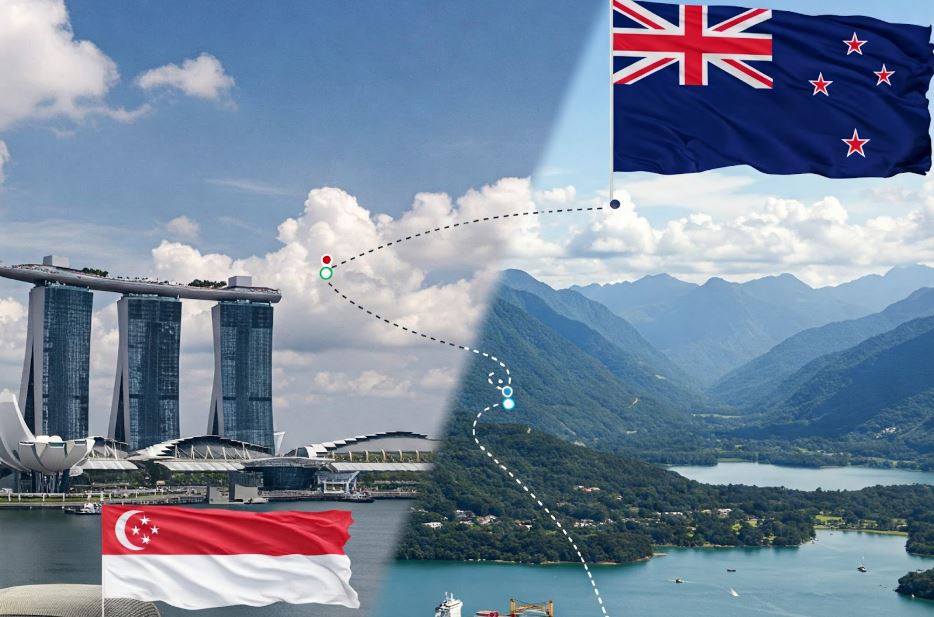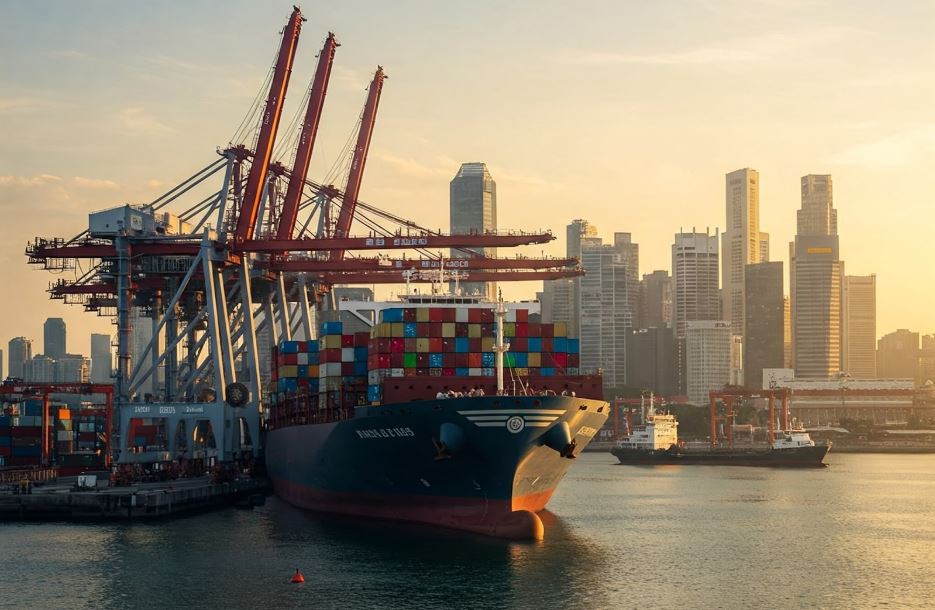Singapore to become key financial hub amid trade challenges in Southeast Asia

As global trade dynamics evolve, Singapore is emerging as a crucial financial hub for Southeast Asia, offering significant opportunities for foreign investors and businesses.
Amid ongoing trade tensions and shifting supply chains, the region attracts increased foreign direct investment (FDI), with Singapore serving as the central gateway. Industry experts highlight the city-state’s established financial infrastructure, strategic location and pro-business environment as reasons for its pivotal role in the new trade landscape.
Recent geopolitical concerns, such as potential trade restrictions under Trump’s “2.0 trade policy,” have caused businesses to rethink their strategies. Companies are already diversifying their supply chains in response to the proposed tariff rise of up to 60% on Chinese goods and 20% globally. Manufacturing hubs in Vietnam and Malaysia are among the key beneficiaries, while Singapore is becoming the preferred base for treasury centers, capital raising and funding activities for multinational corporations.
The head of Citi’s Asia South cluster noted that while trade tensions might shift global trade flows, they won’t lead to de-globalization. Instead, new opportunities are arising, particularly in Southeast Asia, where Singapore plays a pivotal role. He also stated that Singapore will be a hub for most of the FDI that comes into Southeast Asia.
The rise of artificial intelligence (AI) and demand for semiconductors have boosted regional trade. For example, Vietnam has seen significant investments in semiconductor production, particularly as AI drives global demand for chips. Malaysia has also attracted key manufacturing players, though the government has warned Chinese companies against using the country as a base to evade U.S. tariffs. However, Singapore remains the anchor for managing financial flows and supporting investment activities in the region.
In addition to its regional importance, Singapore’s connectivity extends beyond its immediate region. Trade flows between Southeast Asia, Latin America and South Asia are growing rapidly. Markets such as India, Brazil and the Middle East are engaging more with ASEAN, creating new trade corridors and increasing business opportunities to expand their global reach.
Singapore’s role is also supported by its ability to attract Chinese companies to relocate their treasury operations to the city-state. This trend has been growing steadily over the past three years and has advanced Singapore’s importance as a stable and reliable platform for managing financial activities in Southeast Asia.
Citi underlined the growing similarities between ASEAN and Latin America, forecasting stronger trade corridors with South Asia and increased corporate activity. Key markets such as Indonesia, Vietnam and India are expected to profit from a surge in commodities, creating potential for both exports and domestic consumption.



